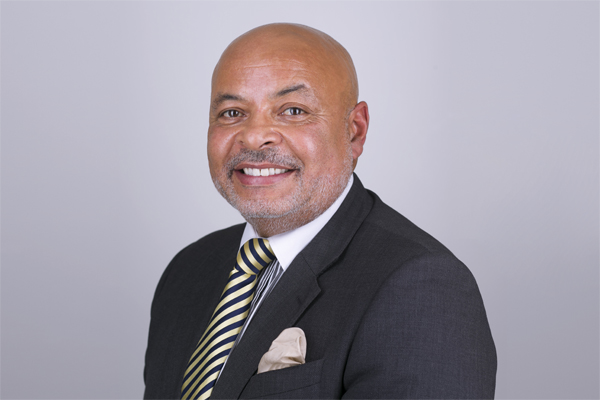Accenture UK MD and Executive Leadership Committee (ELC) UK Chair, Andrew Pearce, not only provides insights into why organisations are struggling to find and promote Black, Asian and Minority Ethnic (BAME) leaders, but also offers solid, practical advice on how to build a strong BAME leadership pipeline.
Several recent reports have highlighted Britain’s failure to improve ethnic diversity at the top leadership levels of the country’s leading organisations. London’s executive search firm Green Park’s research revealed that the total number of BAME professionals in senior leadership roles dropped in 2019, while BAME in middle management roles flat-lined, as reported. The Middle Report, carried out by the Black British Awards (BBA) last year, reiterates similar findings.
Both reports raise grave concerns about the sparse BAME leadership pipeline. In short, we are nowhere near to achieving the Government backed target set out by Sir John Parker to have no all-White boards by 2021. At this rate of change it will take until 2039 before all FTSE 100 Boards and Executive Committees have ethnic minority representation, according to Green Park’s research.
“If numbers continue to drop at middle management levels, we simply won’t achieve sufficient BAME representation at the top of organisations,” points out Accenture UK MD, Andrew Pearce. He believes that it’s “imperative to focus right now on BAME middle managers because that’s where you see the fall off across all companies and organisations, to prepare them for senior leadership roles”.
BUSINESS IMPERATIVE
Organisations should be “very concerned about the lack of BAME leaders”, says Pearce: “Apart from the ethical need to reflect all members of society regardless of gender, ethnicity, sexuality, enablement, religion, etc, companies and organisations are missing out on huge profits, because they simply don’t reflect their customer base. We are not just talking about the UK. Considering that the next big business growth areas will come from African countries, not representing these future clients will also be detrimental for UK business.”
Yet out of all the minority groups, “the Black community is especially underrepresented across all levels in practically every industry”, he confirms. Pearce is also the UK’s Chair of the ELC, a US-born initiative comprising current and former Black CEOs and senior executives of Fortune 1000 and Global 500 companies, working to build an inclusive business leadership pipeline. Globally it has 750 members, most of who are from the US. “The UK chapter of ELC, which started just two years ago, currently only has 10 members. This demonstrates the tiny pool of senior Black leaders in the UK right now,” highlights Pearce.
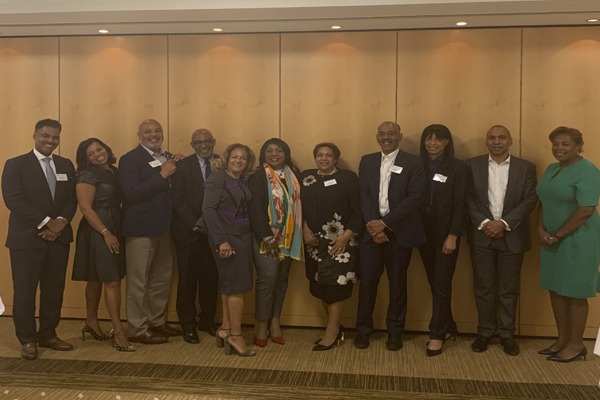
TOP BARRIERS
Pearce cites the ‘lack of conversation around the subject of race’ and the ‘lack of mentors’ as two key barriers holding BAME leaders back: “BAME managers often lack the sponsors and mentors to help them gravitate to the top, mainly because leaders still tend to sponsor people that look like them or share a similar background. There’s a lack of White advocates who truly want to understand and talk about the privilege of being white. It’s also not enough to just not be racist, leaders have to be anti-racist and want to make a difference, by having those difficult conversations.”
Pearce believes the BAME leadership issue is around 20 years behind where we were with the gender equality conversation in the UK: “We’re making progress with gender, but let’s be clear, there’s still much more work to be done as more females representation is also still needed at the top levels. However, change is happening, albeit slowly thanks to having the conversation and supportive advocates and allies. Women now have senior male allies because they want to make a difference for their daughters, sisters, etc, and as a result those men have become natural advocates. The same needs to happen for BAME.”
DIFFICULT RACE DISCUSSIONS
His advice to companies struggling with BAME leadership is to firstly have those difficult conversations. “Most employers right now are frightened about having the discussion because they don’t want to offend, fearing that if they admit that there’s a problem, they might be labelled as ‘institutionally racist’. So it becomes a conversation that employers don’t want to have because they lack the language to talk about race,” explains Pearce. “But we won’t get very far unless they admit this is an issue and address it through appropriate action. This also means making certain behaviours that would have been considered fine a few years ago, unacceptable through zero tolerance.”
Some companies like Accenture, in fact, are tackling this area well, according to Pearce. “Accelerate, a project to develop senior Black leaders at our firm, was recently shortlisted for Britain in the Community Award. However, Accenture, too has had to deal with a level of discomfort to address the issue,” he adds. “As well as providing BAME managers with mentors, current business leaders would also benefit from some reverse mentoring from someone who’s relatively more junior in the business/industry and from a diverse/ethnic background. This would help leaders to understand more about underrepresented communities and the challenges they face, as well as quickly learn about the language of race to be able to have those complex conversations.”
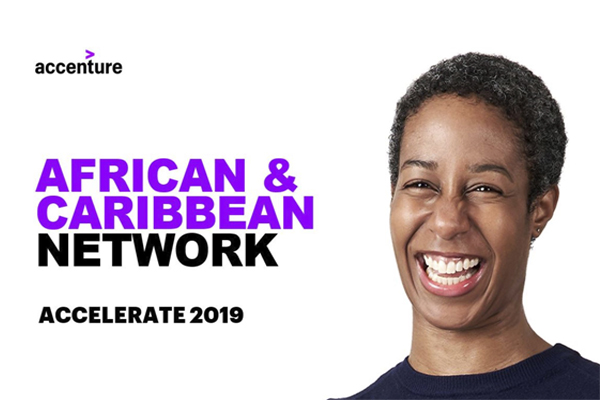
STRETCHING OPPORTUNITIES
Once BAME leaders are identified/recruited, it’s important to develop them so they can progress, adds Pearce: “It’s not about putting someone in a position of responsibility just because they represent a different group to make the numbers fit. It’s about developing the right potential by taking an active interest in their development, giving them opportunities to grow, putting them in roles that allow them to stretch, and providing mentoring and coaching to support their development. If we create opportunities in an environment where they can progress and flourish in their organisations, we will start to create that much-needed pipeline of future BAME leaders.”
Of course, current BAME leaders need to their bit too, maintains Pearce: “We also need to speak up, have those conversations about race, be mentors and take action to move this agenda forward.”
In fact, Pearce and Trevor Phillips OBE, Chair of Green Park and founding Chair of the Equality and Human Rights Commission, created the Inside Track – a series of events where senior politicians, media and business leaders get together over dinner with ELC members to discuss issues around race and the steps that need to be taken to improve BAME representation in UK leadership.
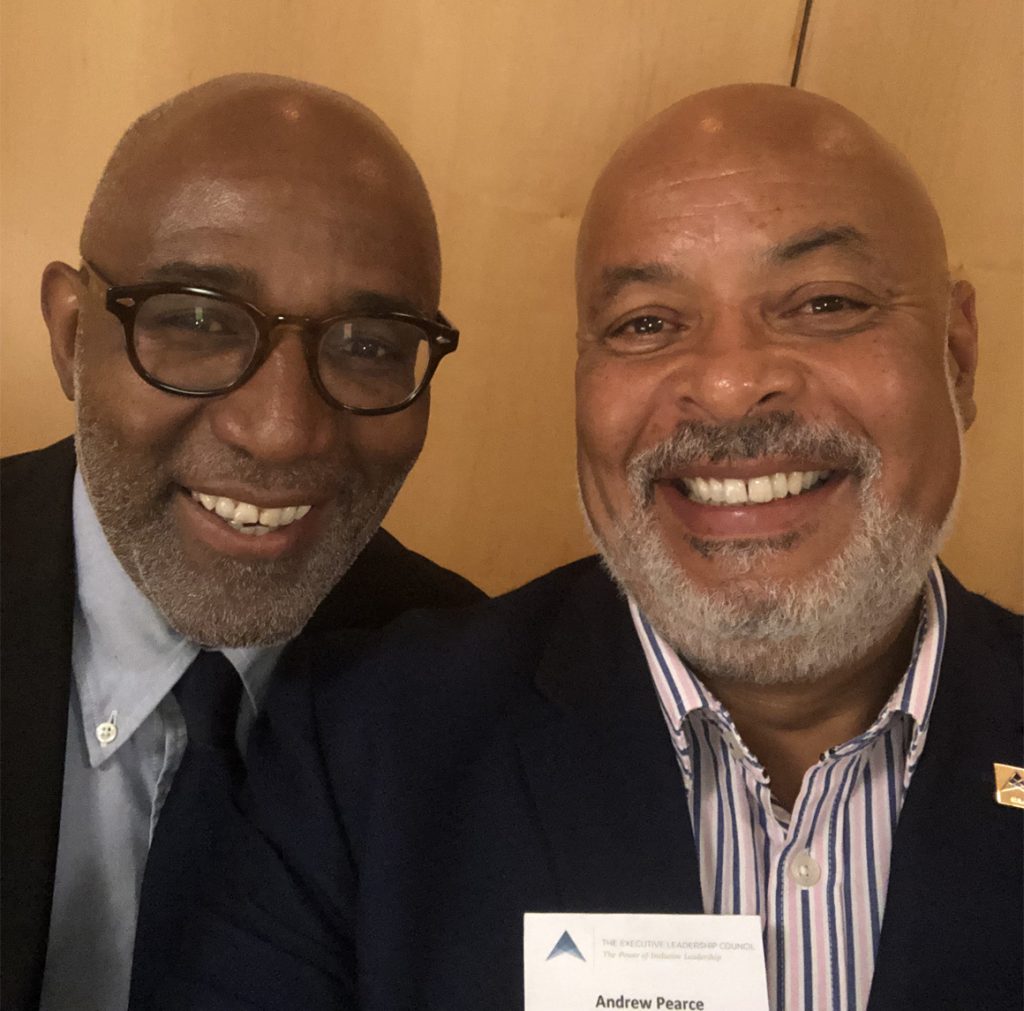
CHALLENGING STEREOTYPES
Pearce also does his share of mentoring from supporting students at inner City schools and young Black female lawyers to sitting on advisory boards of start-ups by Black professionals. He believes that initiatives such as ‘56 Black Men’ started by Cephas Williams, are doing a great job of creating awareness around bias and challenging stereotypes and misconceptions about Black men.
“We need more role models like this. We also need to celebrate BAME successes more,” he notes. “The media needs to play its part too, to change this narrative by showcasing the BAME achievements more to demonstrate what can be achieved.”
ETHNICITY PAY GAP
Pearce believes the Ethnicity Pay Gap will help to drive this conversation further, much in the same way that the Gender Pay Gap has. His advice to companies is: “Start collecting BAME data now if you aren’t already because having that data will help you to discover where the gaps in your organisations are when those conversations start happening.”
“But it’s not enough to just have the data and say, ‘we’ve done our metrics that proves we have some diversity’,” he points out. “You need to know where it is sitting to take the appropriate action to help build that pipeline. Initially the data will probably look bad, but at least it’s a start point. PwC, for example, has already bravely published its ethnicity gap data even though it’s not a legal requirement just yet.”
Pearce encourages other companies to start doing the same “because it’s only a matter of time before the government will enforce it through legislation”.
ADVICE & GUIDANCE
If you don’t know where to start, “seek advice from companies or professionals who are leading in this area. Come and talk to companies like us about our programmes, such as Accelerate. Talk to peers in your networks. Look at reports from BBBA and Green Park for guidance on how to build the BAME pipeline. Basically, have a conversation about this topic just as you would about any other business issue”, suggests Pearce.
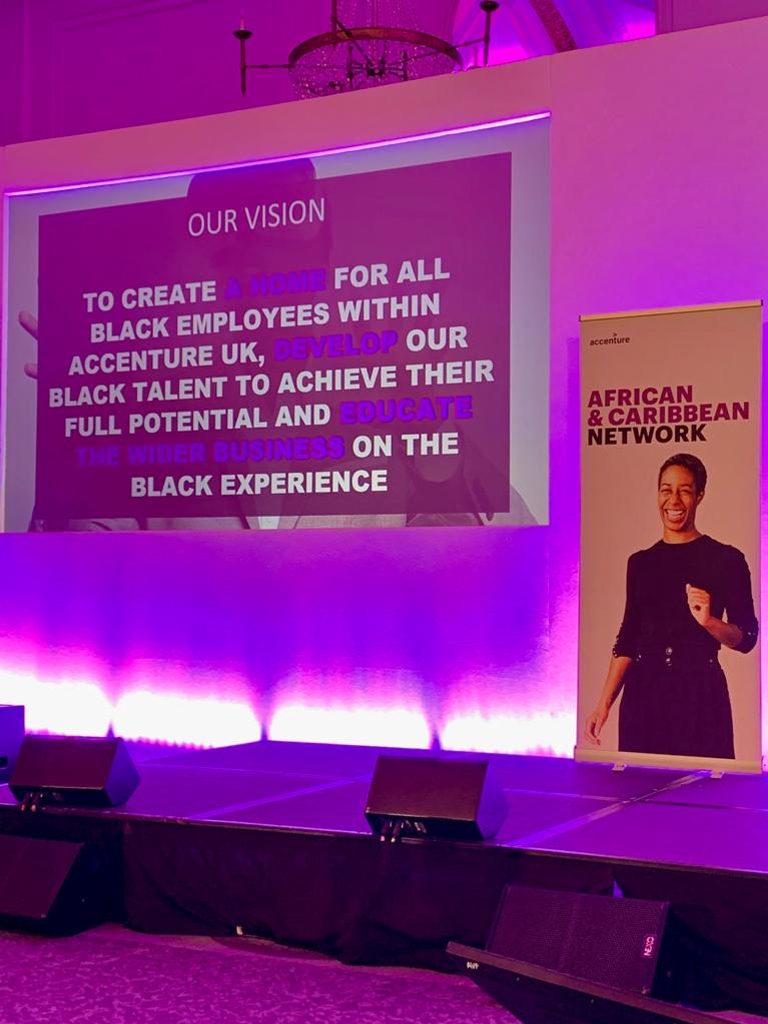
“We still have a go long way to go before we actually see true representation at the top of companies that ultimately reflects society. But if we start putting into practice the steps I’ve outlined, we will eventually get to the stage where we don’t, for example, need to create separate networks or Employee Resource Groups, because we’ll have finally achieved equality in leadership ranks,” concludes Pearce. He admits that he probably won’t get to see that change during his lifetime, but it’s vital that leaders shift gears in this area to now actually drive ‘much-needed’ change at the top.













